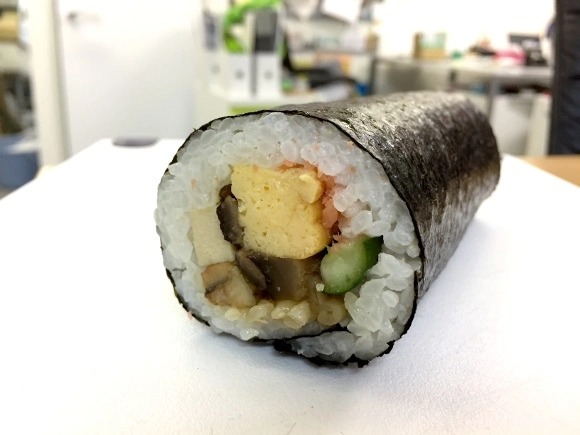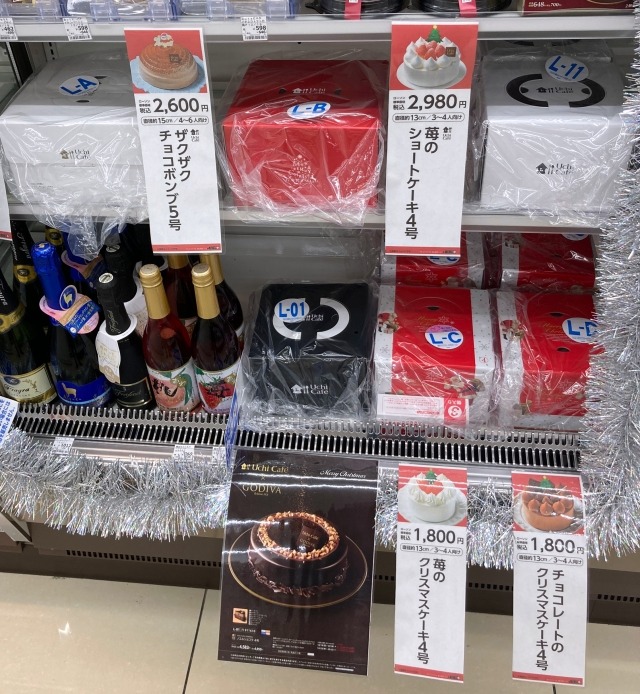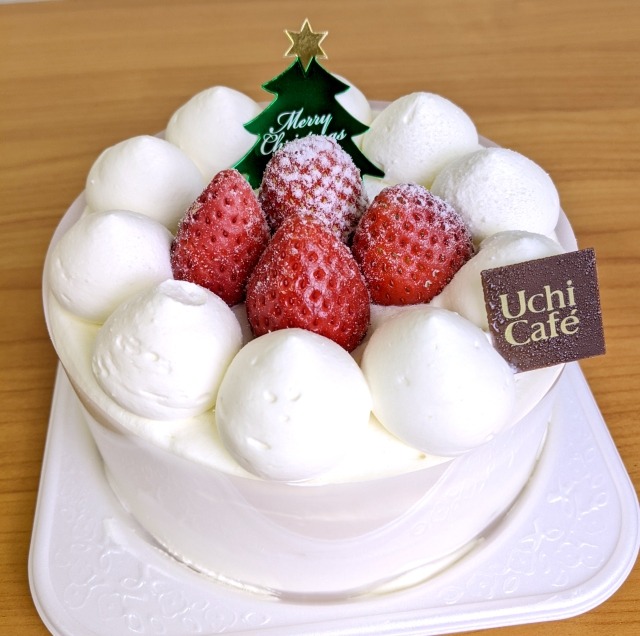
Ehomaki are great, but it’s important to buy them on our own terms.
For quite some time now the number of foreign-born employees at places such as convenience stores has been steadily rising. I kind of like it, because I tend to feel a lot less self-conscious about my own Japanese when speaking to a clerk whose first language also isn’t Japanese.
But for employers, many of whom are deeply accustomed to the homogenous culture of Japan, it means a greater understanding of diversity is needed. This is something that convenience store chain Lawson is getting an education in, from a group of 10 employees originally from countries such as Bangladesh, Sri Lanka, and Nepal.
▼ Members of the group speak to media outside Lawson HQ
They are all employed at Lawson stores in Saitama Prefecture through a work placement service and requested collective bargaining with the chain to renegotiate the terms of their employment on 1 August at the Lawson corporate headquarters in Tokyo.
During the meeting they aired several grievances with their current employment system, such as not having transportation expenses covered and being forced to buy seasonal products from their own store like ehomaki sushi rolls and Christmas cakes.
▼ Ehomaki and Christmas cakes both generally sell for somewhere in the neighborhood of 2,000 yen ($15) each at convenience stores.

They say that in some cases they weren’t even able to eat the things they were required to buy, for reasons such as religious dietary restrictions. “I threw away most of the things they made me buy,” said one Hindu employee from Bangladesh.
▼ In fairness, George Michael is way more closely associated with Christmas in Japan than Jesus is, so some people here might be oblivious to the inherent wrongness of making a Muslim or Hindu buy a Christmas cake.

While there was some grumbling among online comments suggesting employees should just quit their job if they don’t like the conditions, most agreed that companies making their employees buy their own products, especially when it goes against their beliefs, is a policy that ought to be changed.
“Is it one of those things where if the employee doesn’t sell enough, they have to buy the rest to make up for the quota?”
“There’s a religion that doesn’t eat sushi rolls?”
“I guess Lawson sells those sushi rolls with pork and beef inside.”
“It’s bad enough to put quotas on part-time workers, but against their religion is just awful.”
“Japanese people would just silently take it and bottle up their anger, but foreigners band together and demand better. Good for them!”
“Isn’t it technically a crime to make someone buy something that’s against their beliefs?”
“Ehomaki isn’t even that delicious.”
Aside from that last comment, which is just flat out wrong in my opinion, some good points were made about the issue. This practice of employees being made to purchase their own products to meet quotas in certain industries is not uncommon in Japan and is known as “jibaku eigyo” which means “self-destruct sales” in English.
This of course only boosts a company or branch’s sales figures at the expense of siphoning money from their own employees, hence the “self-destruct.” It’s also in violation of the Labor Standards Act, and when the religious aspect is included we’re looking at a possible violation of constitutional rights.
A Lawson rep told media that they are still reviewing the facts of the employees’ requests, but the potential violations implied in them cannot be lost on the corporation. So, hopefully they will review the working conditions in stores and rectify the situation, not only for their foreign employees but their Japanese ones as well.
Source: Tokyo Shimbun, Itai News
Photos ©SoraNews24
● Want to hear about SoraNews24’s latest articles as soon as they’re published? Follow us on Facebook and Twitter!

No hay comentarios:
Publicar un comentario